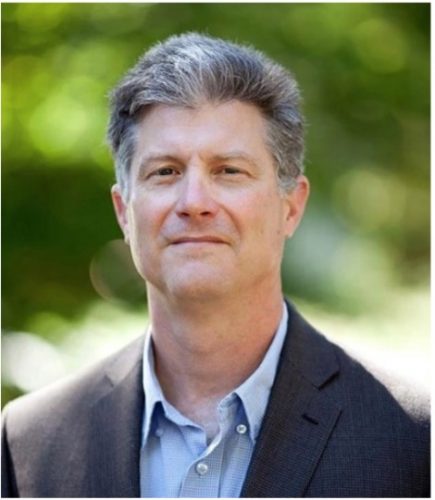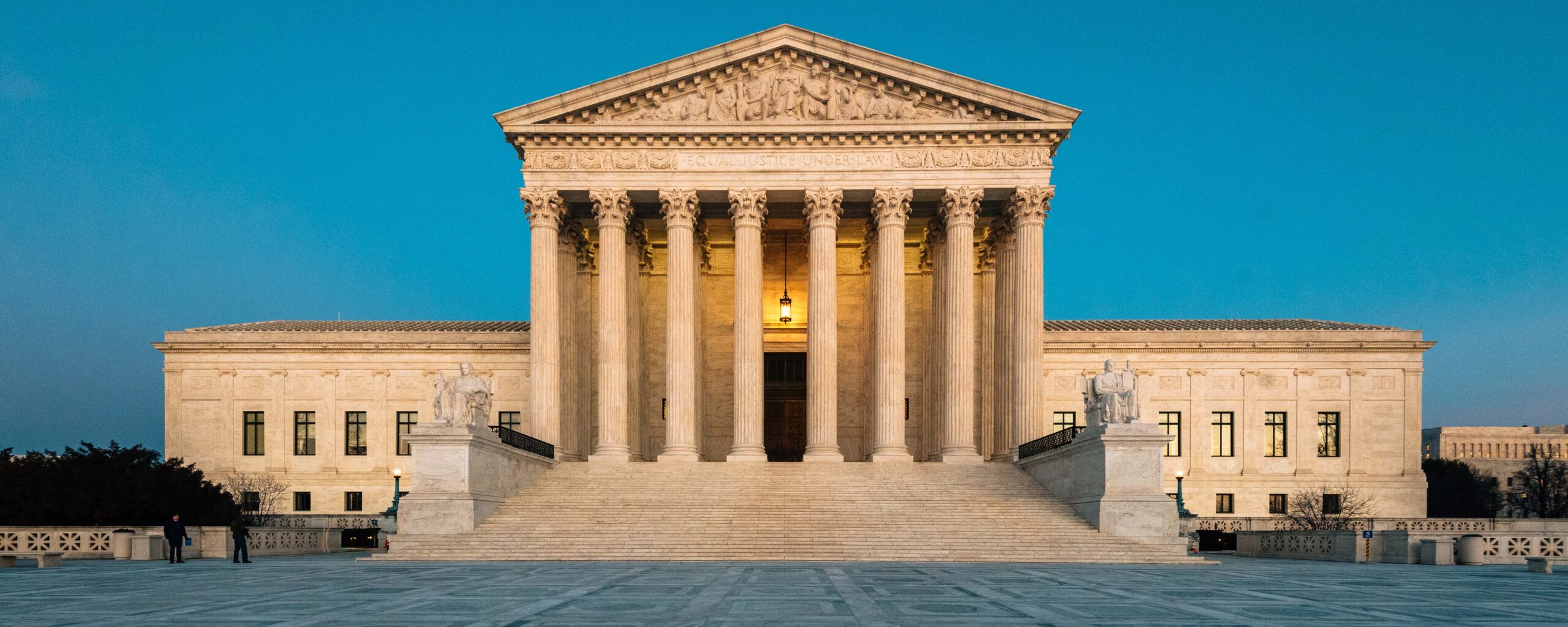Too Young to Run? The Age of Candidacy

John Seery is the George Irving Thompson Memorial Professor of Government and Professor of Politics at Pomona College, where he teaches political theory. He is author or editor of 10 books on topics such as irony; death; liberal arts education; liberal arts colleges; the U.S. Constitution’s age requirements for elected federal office; Walt Whitman; George Kateb; and American incest. In 2009 he was named the recipient of the Phi Beta Kappa Society’s triennial Sidney Hook Memorial Award. In 2010-2011 he served as the Laurance S. Rockefeller Visiting Professor for Distinguished Teaching in Princeton University’s Center for Human Values. In 2013 he received the American Political Science Association’s Distinguished Teaching Award. Twice he has been the recipient of Pomona College’s Wig Distinguished Teaching Award. In addition to teaching at Pomona, he has taught at Stanford University, Tufts University, UC Santa Cruz, and Princeton University.
Abstract: Why does the U.S. Constitution have age requirements for Congress and the presidency (25 for the House, 30 for the Senate, and 35 for the presidency), and should they be lowered? Why were so many of the top 2020 presidential candidates in their 70s (Biden, 78; Trump, 74; Warren, 71; Sanders, 79; Bloomberg, 78; Weld, 75) and what, if anything, should we do about it? Are we slouching into gerontocracy? In 2011, Professor Seery published Too Young to Run? A Proposal for an Age Amendment to the U.S. Constitution, which examines the age requirements for elected federal office in the United States. Since its release, several #NotTooYoungToRun movements have successfully emerged in other democratic countries…but not yet in the U.S. How should we think about—both empirically and normatively—the age of candidacy in democracies worldwide?

